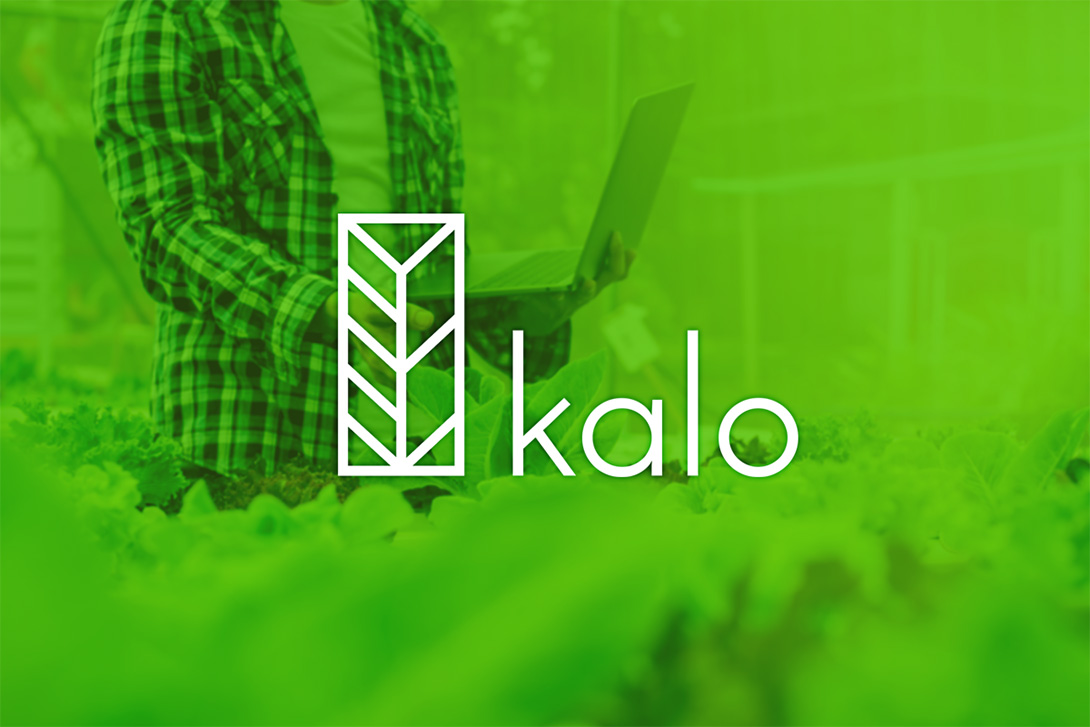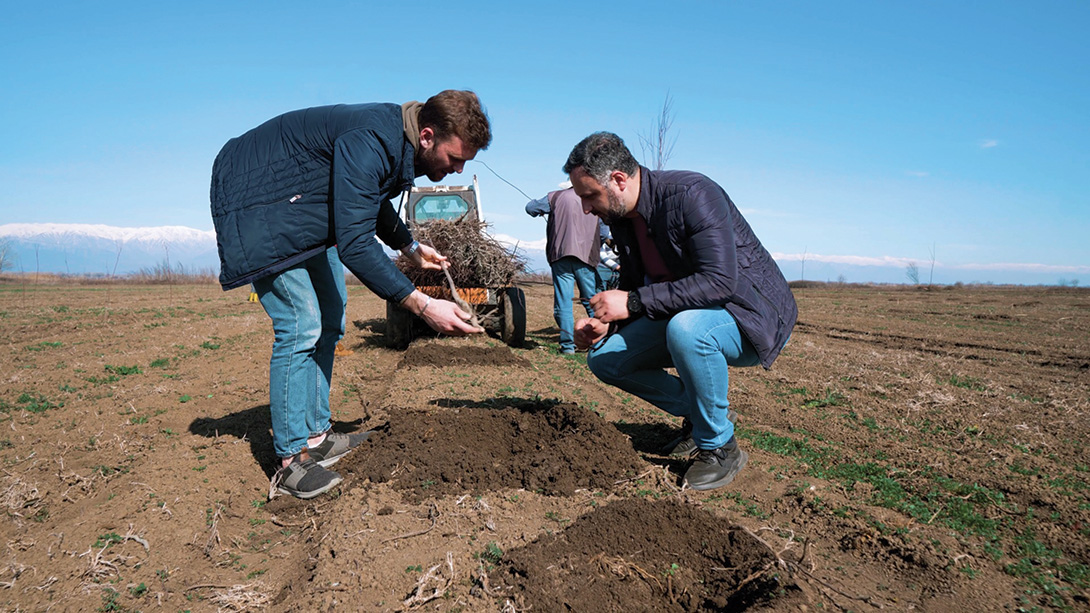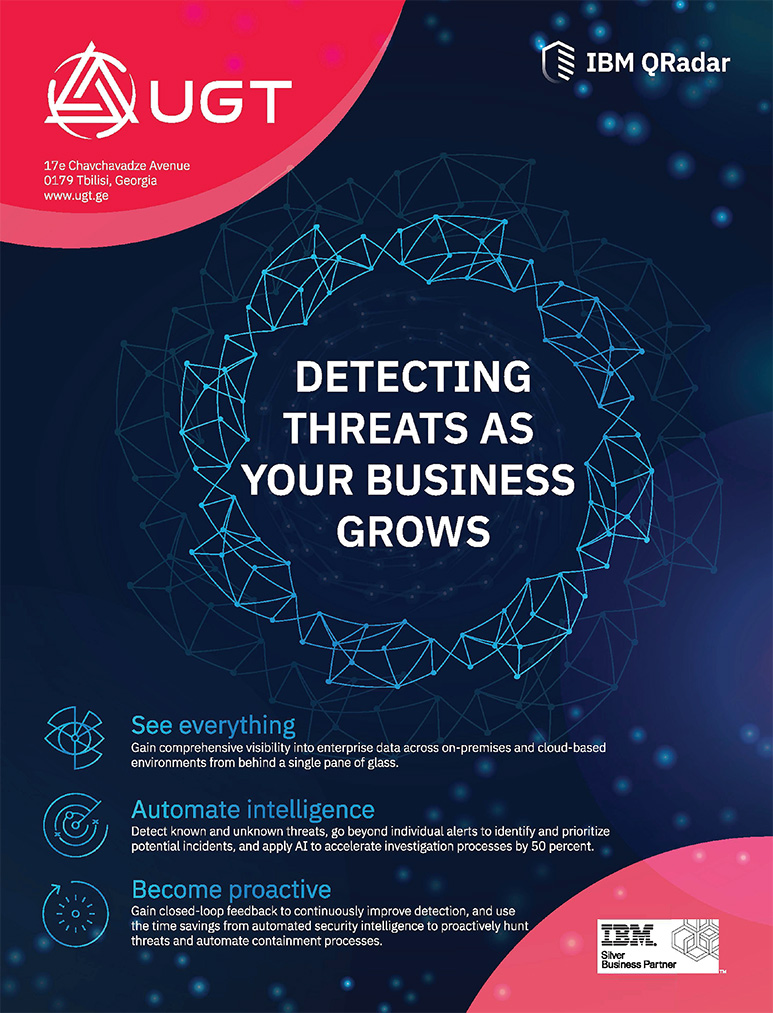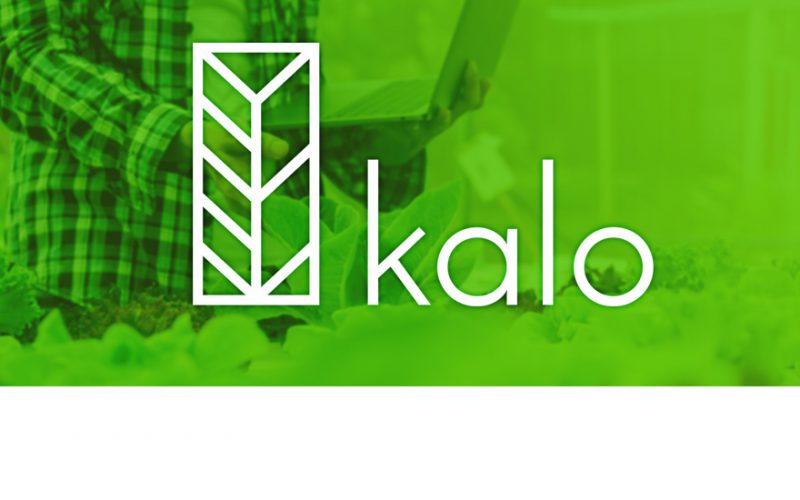Agricultural startup Kalo disseminating know-how through tech

By most credible estimates, there are more than 150,000 farms across Georgia, and the overwhelming majority are very small. Reaching these farmers to increase their productivity is hard. Many live in elongated streetside villages, some of them are in cold mountain areas, others in the subtropical climate along the Black Sea coast. Diversity can be strength, but it can also make it much harder to provide tailored service and information.
Kalo, a recent agricultural startup, is working to change this, with systematic digital outreach to farmers. An ambitious idea when founded in 2017, the platform now has come a long way, and helps to illustrate how information flow in the agricultural sector is beginning to change.
By the end of 2020, Kalo had managed to recruit 91,770 paying online subscribers for its basic package, with access to all online resources. In other words, nearly 3% of the entire population of Georgia is signed up for this basic service, which costs 9 GEL a year. Kalo has achieved these figures by collaborating with Credo, one of Georgia’s largest microcredit organizations. Kalo’s support is bundled in with Credo’s financial services, to increase the productivity of Credo’s clients. In 2018, 70% of Credo’s 200,000 clients were active in agriculture, highlighting how relevant good agricultural practice is to the bank’s loan portfolio.
Next to this basic package, Kalo is also offering more advanced products, including Agro Mrcheveli (Georgian for ‘advisor’), a premium service that includes 24/7 access to a call-center, and Vet Advisor, a similar service for veterinary services. For these services, at 50 GEL a year, Kalo has attracted nearly 4,000 subscribers, and it hopes to grow its numbers as Georgia’s farmers get into the habit of using their phones and laptops for agricultural purposes. Kalo’s most popular services at this point are its online videos and tutorials, a retail shop and a call center, where farmers can receive immediate advice on the most pressing issues. Moreover, Kalo has started working on high-tech offerings, such as digital farm management tools. Attempts to develop image-based pest and disease recognition so far have suggested that this is still best done by sharing the images with agricultural experts, rather than with any recognition tool .
After initially being founded by a group of Georgian and foreign entrepreneurs, Kalo recently appointed a new CEO. Levan Iosebashvili knows the challenges that smallholder farmers can face: before starting at Kalo in early 2020, he was a branch manager at Credo. Next to an MBA from the Free University, he brings a degree from the Agricultural University, the premier institution of higher education for agriculture in Georgia. Iosebashvili oversees a team of ten colleagues, currently all working from Kalo’s Tbilisi office.
The collaboration with Credo gave Kalo a viable business model. With this collaboration, it has a base of paying customers, and does not need to rely on advertising, which in Georgia is unlikely to sustain a website with quality content, nor is it reliant on its retail offerings. Farmers, in turn, have the advantage that the advice offered by Kalo is not primarily driven with sales in mind.

Digital literacy does remain a challenge. The Kalo team believes that many of their users could probably gain more from the service than they currently do. The team is exploring what distinguishes their super-users from those that are less active, and whether lessons can be drawn on how to activate the subscribers for maximum impact. One advantage in this context is that with tens of thousands of subscribers, Kalo can draw on a large user base and on good data about some of the users. The experience does underline, though, that improving digital literacy in Georgia is a broader issue, as a March 2021 report for the European Union also found.
The Kalo team reports that much of the uptake still runs through their call center, and that field visits remain essential to build a connection with their clients. In this way, the company grew from originally just having a digital footprint to a more blended model, at least for now. The team believes that it needs to put a positive user experience first, and then figure out how to further increase revenue. As these things go for companies in the digital space, some of it can be a marathon: a mobile app, first developed in 2017, needs regular updates to align with the expansion of the website and with the various updates of the operating system. For the programming work, Kalo relies on a strong IT lead that has been with the company from the beginning.
Iosebashvili says that in spite of the solid growth in 2020, the company also faced its challenges due the pandemic. Field visits became much more difficult, though they remain an important part of building a closer relationship with bigger customers. The overload of postal and delivery services was another problem, as customers often received their products with a delay. Such delays can be costly, as farmers need to deal with challenges such as pests before they become overwhelming. Some of these delays still remain an issue, one year in. (On a positive note: in other times, countrywide delivery seems to be working, even into remote areas.) Also, the company felt some of the supply chain disruption.
Given Georgia’s small size, and the long haul required to build such a platform and gain followers, the Kalo team needed to mobilize external support to get the venture off the ground. In the beginning, it focused on attracting funding from various development donors, including the Swiss Development Corporation, various European Union support programs, the Dutch Embassy and the Startup Matching Grant of the Georgian Innovation and Technology Agency (GITA).
The rationale for this was that Kalo, also in its earlier iterations, documented good farming practices and made them widely available on Facebook and YouTube, often attracting near-viral reach, with tens of thousands of views, in the space of a few weeks. The videos featured local farmers, as credible representatives of what some farmers already do well, in short, accessible and upbeat clips. Altogether, Kalo has had close to 1.75 million video views on YouTube, and more than 4 million views on Facebook, and thus has enjoyed very wide reach. The most watched videos give a clue to what currently is of particular interest to many farmers throughout Georgia: Chandler walnuts, how to set up and operate a greenhouse with mostly local materials and tools, as well as the pruning of different crops.
Next to the user numbers, Iosebashvili also highlights individual success stories. In one instance, Kalo’s advice helped the producers of strawberries to adapt their methods, after they had invested 150.000 GEL into greenhouses and initially had struggled with switching from their previous open field production. This story may underline the extra value for Credo’s loan portfolio: a little backup for their clients can reduce the likelihood of big losses, and in the best cases can help them thrive.
The team sees a particular opportunity for Kalo in organic agriculture in which timely application of less potent input is critical, and is scoping opportunities for connecting Georgian producers with importers in the EU. One of the main challenges remains that European purchasers often want sizable quantities for their markets, whereas Georgia at this point still only has a limited supply. Logistics across the distance add an additional challenge. More mid-sized producers would help the entire sector along.
As Kalo is earning its keep, and can deliver extra programming with and for donors whenever activities line up, it doesn’t have the limited runway that cash-burning startups otherwise often face. It is working on expanding the breadth and the depth of what it can offer.
The initial founders, Jonne Catshoek and Mark van Embden, remain involved in a supervisory capacity. Their involvement in other digital ventures has taken them back to The Hague in the Netherlands, but with a viable model, they are now exploring options to transfer Kalo’s model to other countries. For Georgia, one of the broader lessons may be that next to the in-person extension service (agricultural advisors working for the Ministry of Agriculture), digital tools may be a good channel to reach tens of thousands of farmers at low cost. Kalo illustrates that this approach – especially when blended with a call-center – is becoming a viable model.
Hans Gutbrod teaches at Ilia State University and is also active in agriculture. He originally worked with the Kalo team to launch online videos, to make good agricultural practices widely available in Georgia, and is also active in other agriculture ventures.
____________________________ ADVERTISEMENT ____________________________


